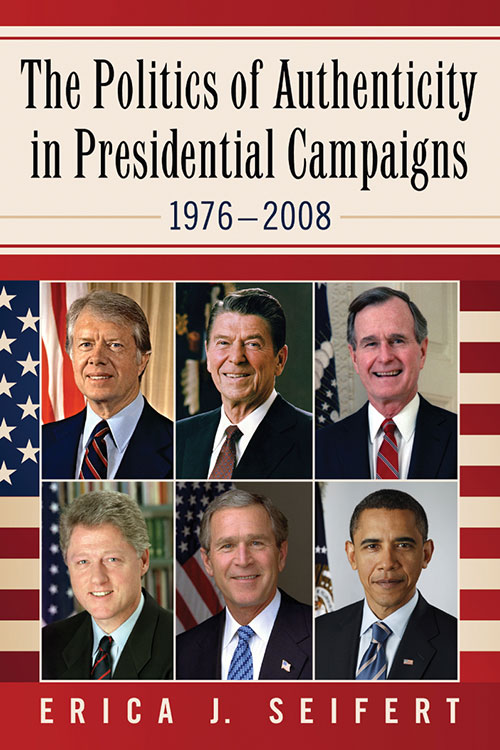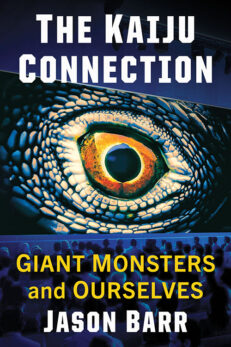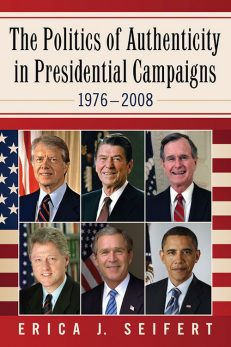The Politics of Authenticity in Presidential Campaigns, 1976–2008
$29.95
In stock
About the Book
“Authenticity,” the dominant cultural value of the baby boom generation, became central to presidential campaigns in the late 20th century. Beginning in 1976, Americans elected six presidents whose campaigns represented evolving standards of authenticity. Interacting with the media and their publics, these successful presidential candidates structured their campaigns around projecting “authentic” images and connecting with voters as “one of us.” In the process, they rewrote the political playbook, redefined “presidentiality,” and changed the terms of the national political discourse. This book is predicated on the assumption that it is worth knowing why.
About the Author(s)
Bibliographic Details
Erica J. Seifert
Format: softcover (6 x 9)
Pages: 271
Bibliographic Info: notes, bibliography, index
Copyright Date: 2012
pISBN: 978-0-7864-6996-3
eISBN: 978-0-7864-9109-4
Imprint: McFarland
Table of Contents
Acknowledgments vii
Preface 1
Note on Sources 9
Introduction 15
1. People Just Like Us: 1976 37
2. There You Go Again…: 1980 58
3. Morning in America: 1984 79
4. Belgian Endives, Quiche Out of a Can: 1988 101
5. The Man from Hope: 1992 126
6. In the Kitchen with Bill: 1996 150
7. Hanging Chad: 2000 171
8. Flip- Flopping: 2004 193
Conclusion 207
Chapter Notes 211
Bibliography 245
Index 259
Book Reviews & Awards
- “Recommended”—Choice
- “Explores how the concept of authenticity became central to presidential campaigns…Seifert makes a good case for the idea that controlling how people relate to candidates might be the surest way to win votes and is more important than economic policies and international diplomacy”—Library Journal
- “Well researched and notated”—Reference & Research Book News





